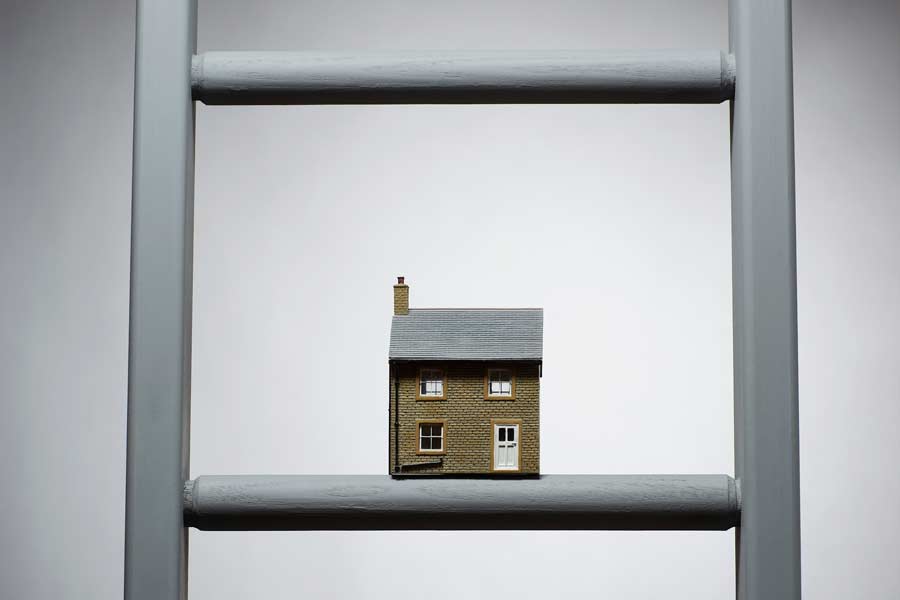
A starter home is considered to be the first home that you can afford to buy without financial stress, and it’s typically a home you do not intend to live in for a long time. Some first-time buyers can afford to buy their dream houses, but a starter home is the best way to kick off adult life for most people. Usually, most people live in their starter homes for an average of five years before they upgrade to a bigger house. This doesn’t mean that you should not do your research well before buying a starter home. Below are some important factors to consider when on the market for your starter home.
Make Sure You Have Enough Space
Generally, starter homes are small in size compared to regular homes, so space is limited. When purchasing your first house, you will most likely have to sacrifice some space. This doesn’t mean you should compromise too much, however, because you will be staying in your new home for several years. As the years go by, you may notice that you slowly accumulate more things and begin to outgrow your starter home before you’re financially ready to upgrade, To avoid this, it is crucial to find a place that’s a bit more spacious than your current needs.
Consider the Home’s Location
Just like buying any other property, it’s wise to choose the most suitable place for your starter home, taking into account your work or school location. By ensuring you buy in a good location and neighborhood, your home will have a better resale value when you’re ready to upgrade. The most important thing, however, is to make sure you love the location. There is no need to be in a neighborhood you don’t like just because it’s near your office. Peace of mind comes first.
Don’t Be Afraid to Compromise
it’s quite okay not to find the perfect starter home that you wanted. If you’re fortunate enough to find exactly what you’re looking for at a price you can afford, don’t hesitate to buy the property. But what happens if you don’t find the perfect house or your budget does not allow you to acquire the house?. At some point, you should consider buying a starter home with no garage or deck even if it’s a compromise. You can always build a garage or install your deck later on after you have sorted out your financial constraints.
Some features like the distance to work or school and perfect amount of space to start a family should never be compromised,. Features that make the house more presentable but do not affect your lifestyle, however, can be compromised if needed.
Hire an Inspection Officer
If you are buying a starter home that has been lived in before, make sure you have accompanied the inspection officer before starting the buying processes. Taking notes during the inspection is important because you will be able to value the property by assessing the damages if any.
Be Realistic
Buying your starter home in a city is much expensive than in less urbanized areas. In case your budget does not allow you to buy a city home, don’t stress yourself by borrowing money from friends and family. You can find a good place just outside town where the air might be much cleaner and traffic much better.
Conclusion
Starter homes tend to have a lower price. You could take advantage of this and save up for a down payment in less time if you’re willing to make a few compromises. Once you have moved into your starter home, you will then be able to build home equity for your forever home. In conclusion, it is easier to begin with a starter home than to save up thousands of dollars for a dream home you might not afford for a while.
https://www.thedamrongroup.com/starter-home-considerations/?utm_source=rss&utm_medium=rss&utm_campaign=starter-home-considerations
No comments:
Post a Comment